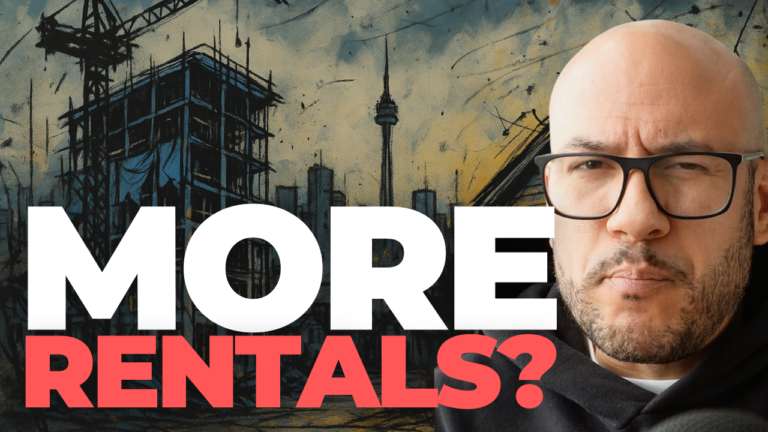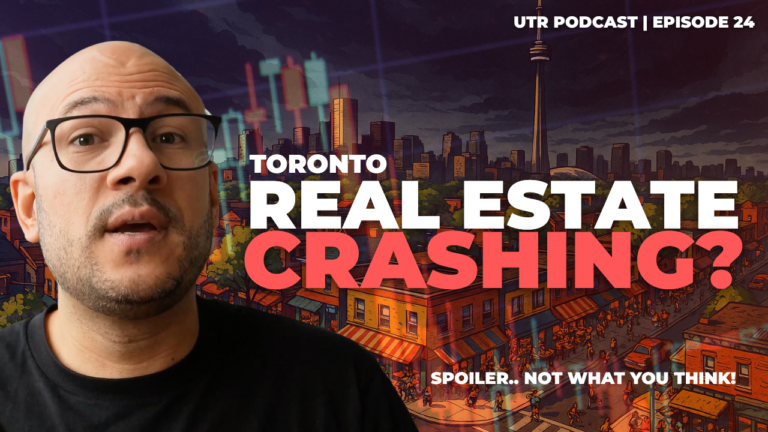In a recent video hosted by Andrew Chang of CBC, I discuss the growing issue of real estate insolvency in Canada, using a failed housing project in Kitchener, Ontario, as a key example. This development, planned to add over 500 residential units across four condo towers, remains unfinished despite receiving city approval in 2020.
The Rise in Real Estate Insolvencies
The Kitchener project is not an isolated case. Over 200 housing developments in Canada have gone insolvent in the past year, a 50% increase from the 10-year average. These stalled projects highlight the challenges facing the Canadian housing market, particularly as potential new homes remain unbuilt.
Why Buyers Are Hesitant: Cost Concerns
One significant issue discussed in the video is the hesitation among buyers to purchase new developments due to higher costs compared to resale condos. The soaring costs of construction materials, labor shortages, and rising development fees make new condos significantly more expensive. This price gap discourages buyers, who find better value in the resale market, further slowing sales in the new development sector.
Challenges Developers Face
The video also delves into the various challenges developers encounter:
- Rising Material Costs: The pandemic has driven up costs for essential materials, like concrete and steel, by over 50%.
- Labor Shortages: A tightened labor market has increased construction wages by nearly 10%.
- Increased Development Fees: Government fees on new developments have surged, making projects more expensive.
- Interest Rate Hikes: Higher interest rates have dramatically increased the cost of borrowing, adding financial strain.
Consequences: Insolvency and Market Slowdown
These factors have created a perfect storm, leading to widespread insolvency. Developers who can’t cover the rising costs are abandoning projects, leaving buyers, who have already put down deposits, at risk of losing their money. The slow sales in new developments, especially when compared to the resale market, exacerbate the problem.
Conclusion: The Housing Crisis Requires a Multi-Faceted Approach
The video challenges the idea that simply building more housing is the solution to the crisis. While increasing supply is necessary, the financial realities, including the reluctance of buyers to invest in new developments due to higher costs, complicate the issue. A multi-faceted approach is required to address the housing crisis effectively.


